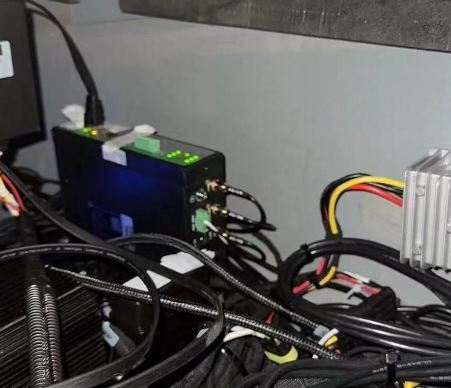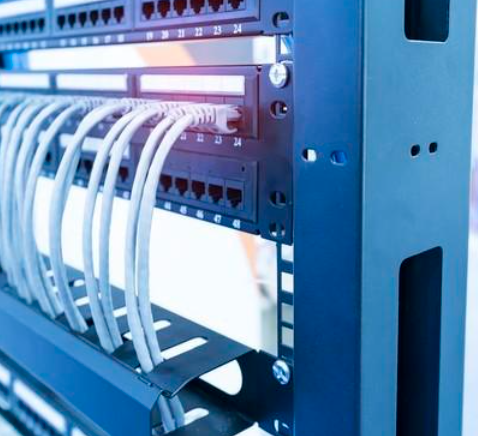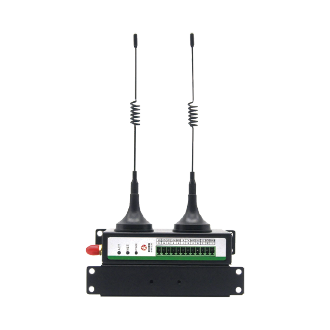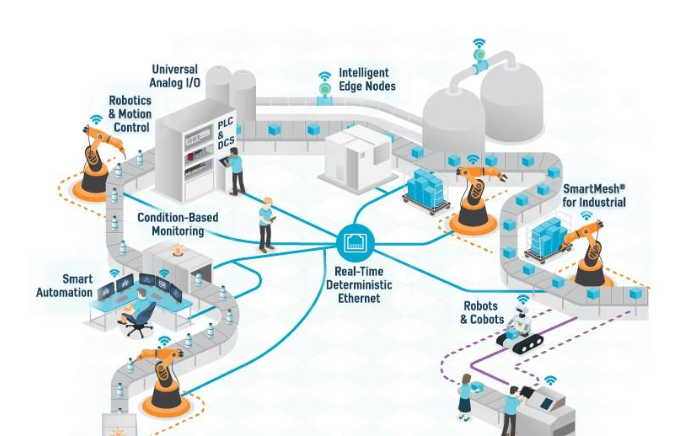What is the VPN protocol, and what is the use of the vpn protocol for industrial routers

Hey there! So you want me to translate that text about industrial routers and VPNs into more casual, American-style English? No problem, I’ll give it a shot:What’s the deal with VPN protocols in industrial routers?
So a VPN, or Virtual Private Network, is basically a secure tunnel through the wild west of the public internet. It lets you create a safe, temporary connection over regular networks.
- What can you use a VPN for?
- Working remotely: Employees can access company stuff from anywhere.
- Connecting different offices: Big companies with branches all over can share resources.
- Getting around internet restrictions: You know, for accessing content that might be blocked in certain places.
- Why bother with a VPN?
VPNs are pretty sweet because they:
- Save you money
- Keep your data locked down
- Let you access stuff from anywhere
Back in the day, if you wanted a secure connection from home to work, you’d have to rent a crazy expensive dedicated line. VPNs do the same job over regular internet, and they’re way cheaper.Even though your data’s going through public networks, VPNs use encryption and tunneling to keep everything super secure. It’s not like the old point-to-point connections, but it’s still safe as houses.
- What are the go-to VPN protocols?
For industrial routers, you’ve usually got PPTP, L2TP, and IPsec. PPTP is the most common:PPTP: This is the old reliable. Most industrial routers have it. It lets remote users securely access company networks through ISPs or direct internet connections.L2TP: Similar to PPTP, but with some extra bells and whistles. It uses multiple tunnels instead of just one, and can do things like header compression and tunnel authentication.IPsec: This isn’t just one protocol, it’s a whole security suite. It’s all about end-to-end protection and is considered the future of secure networking. Only the sender and receiver know what’s going on with IPsec protection.
- So what’s the point of VPN protocols in industrial routers?
- Remote access: Employees, vendors, and partners can securely tap into the industrial network from anywhere. Super handy for companies spread out all over the place.
- Data security: VPNs use hardcore encryption to keep your data safe from prying eyes or tampering. This is crucial for sensitive industrial stuff like control commands or fault reports.
- Managing devices from afar: Admins can remotely access and manage industrial equipment without having to be on-site. Saves time, money, and headaches.
- Keeping things separate: VPNs help isolate traffic between different departments or users, even if they’re on the same network. Keeps everyone’s data in their own lane.
- Fending off cyber bad guys: Industrial networks are prime targets for all sorts of digital nastiness. VPNs provide a secure channel that makes it way harder for hackers to snoop or attack. They can hide your real network address and work with other security tools to keep everything locked down tight.
 KEY-IOT
KEY-IOT



